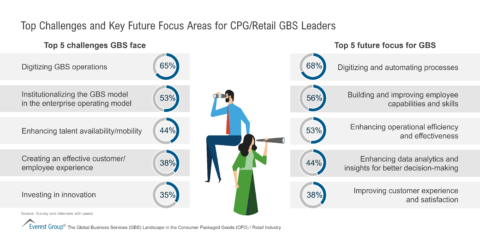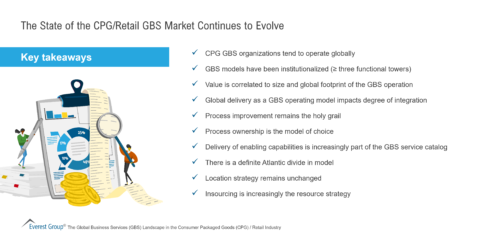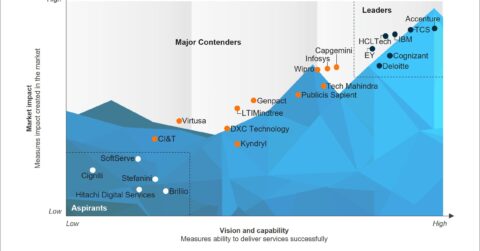Reimagine growth at Elevate – Dallas 2025. See the Agenda.
Filter
Displaying 1-6 of 6
CPG GBS Leadership Exchange: Journey to the Future of GBS | CPG GBS Leadership Community Event
November 29, 2023
10:00 a.m. EST | 8:30 p.m. IST
Virtual Roundtable
1 hour 30 minutes









